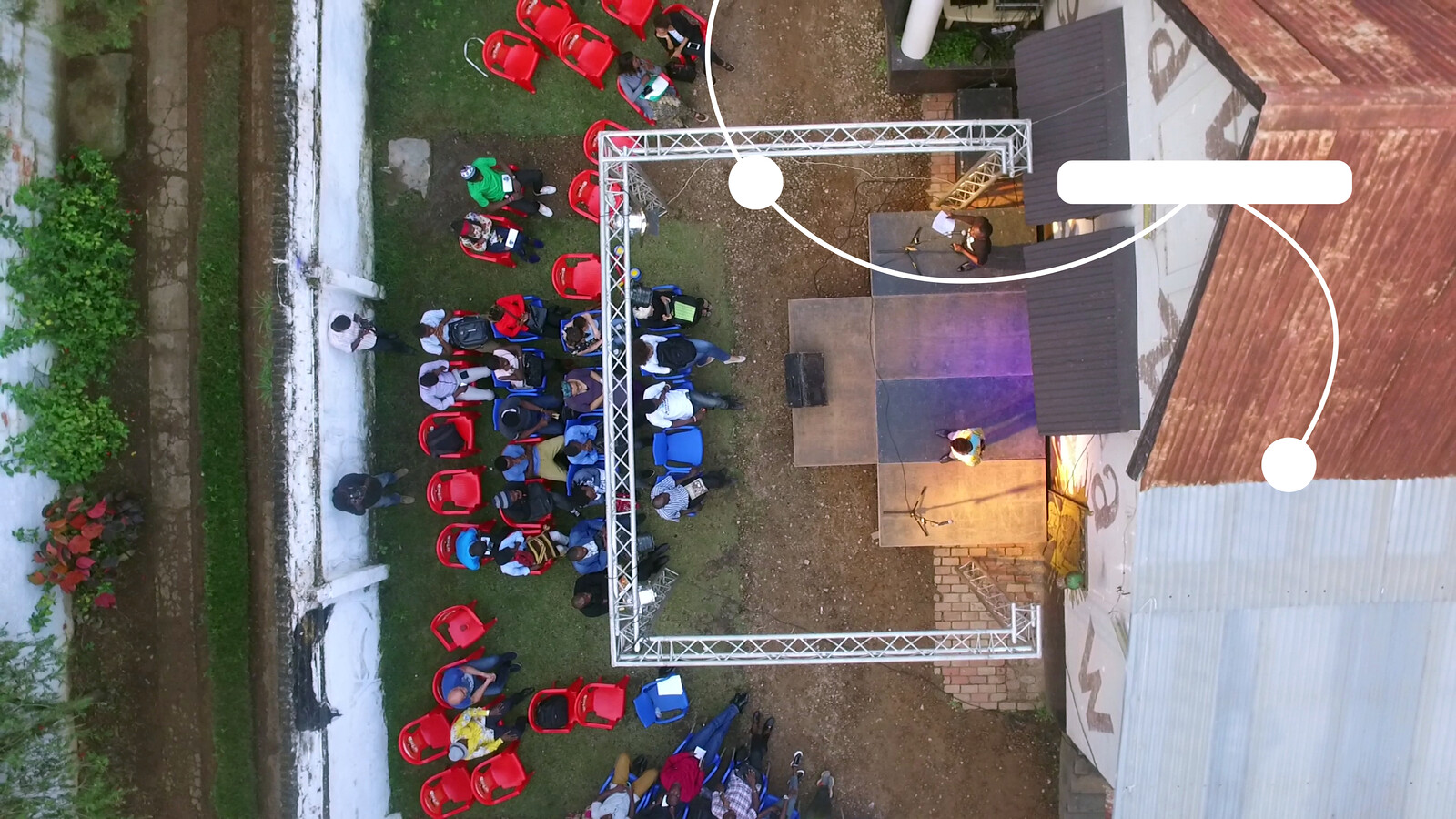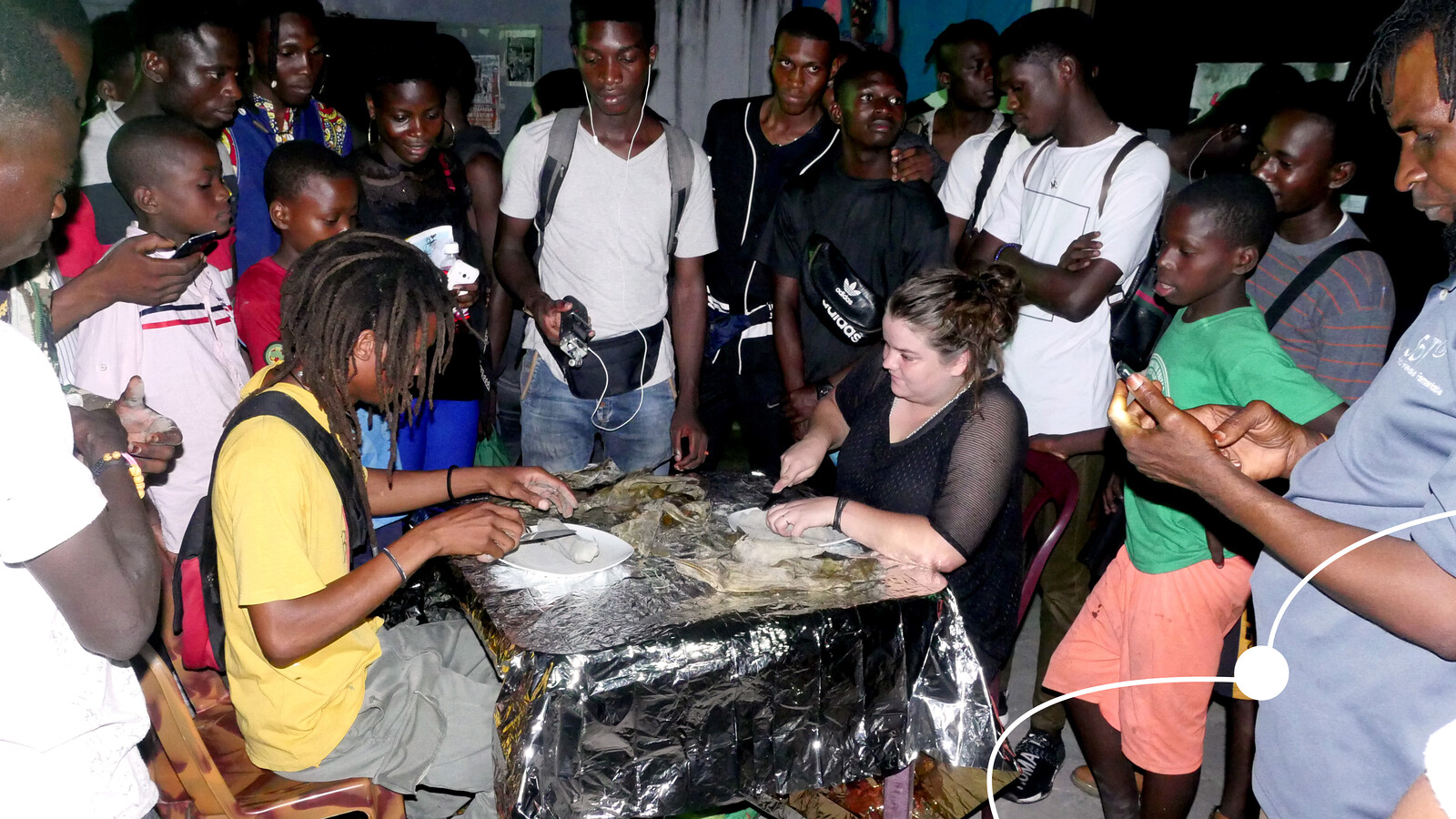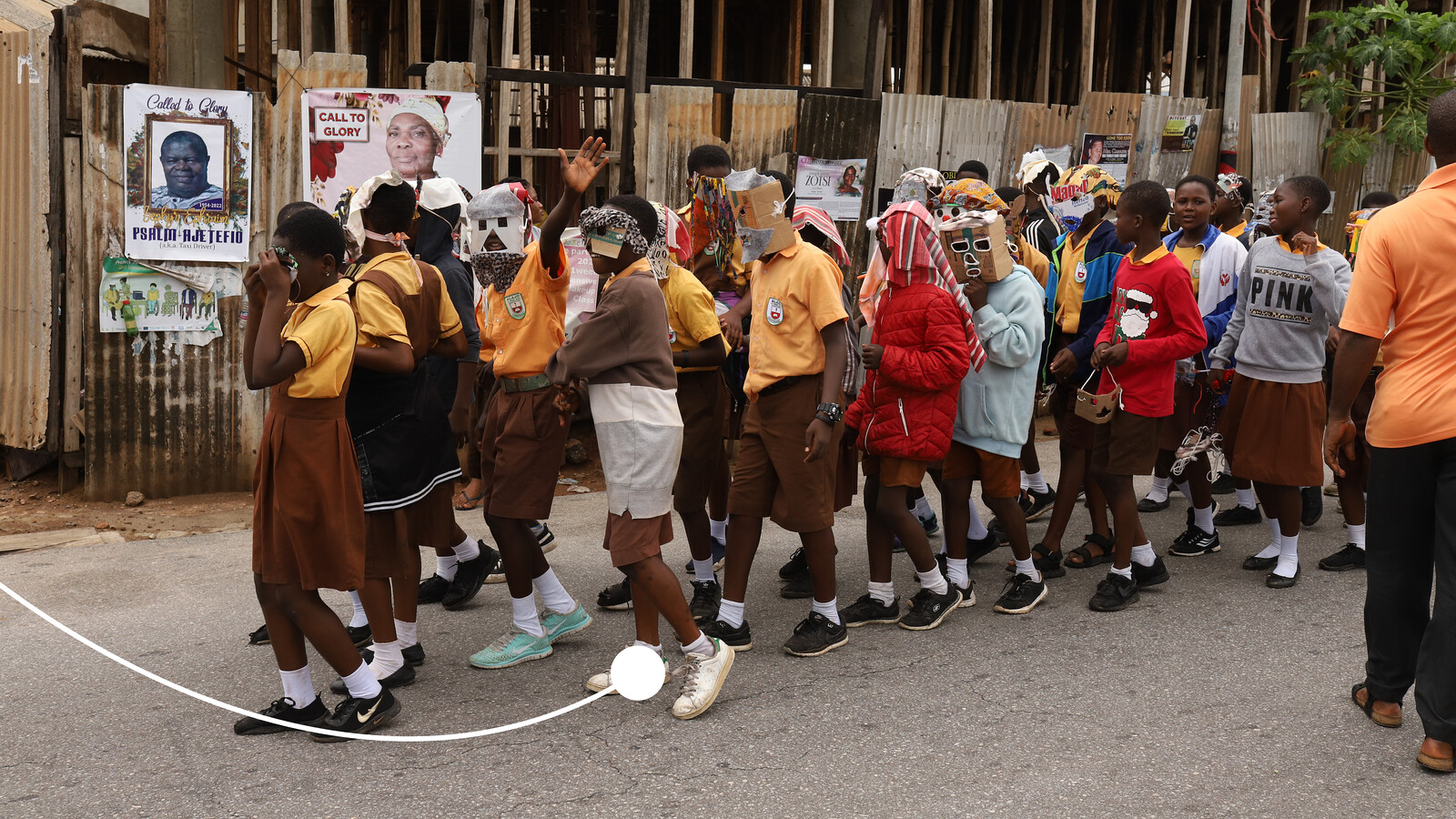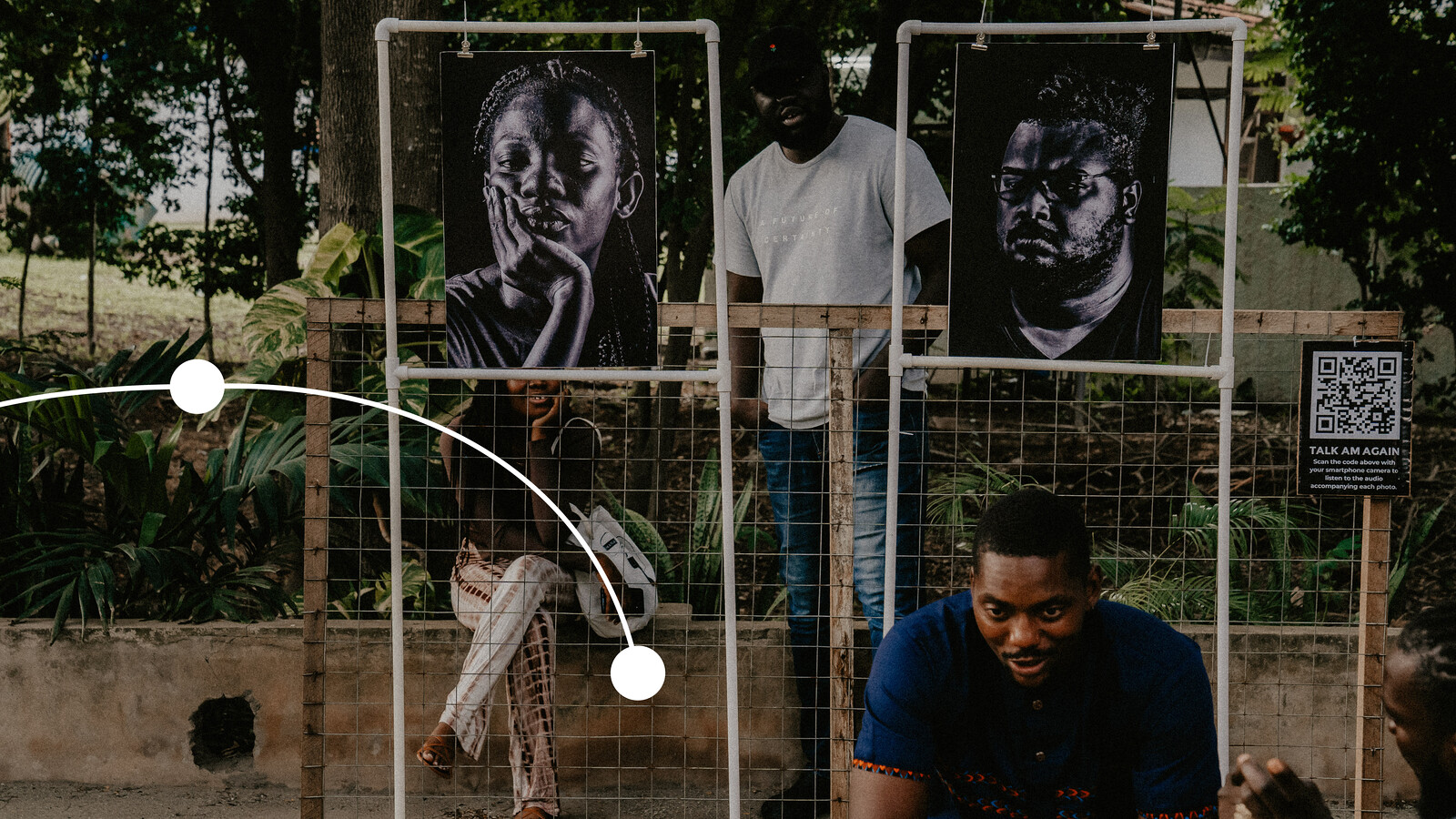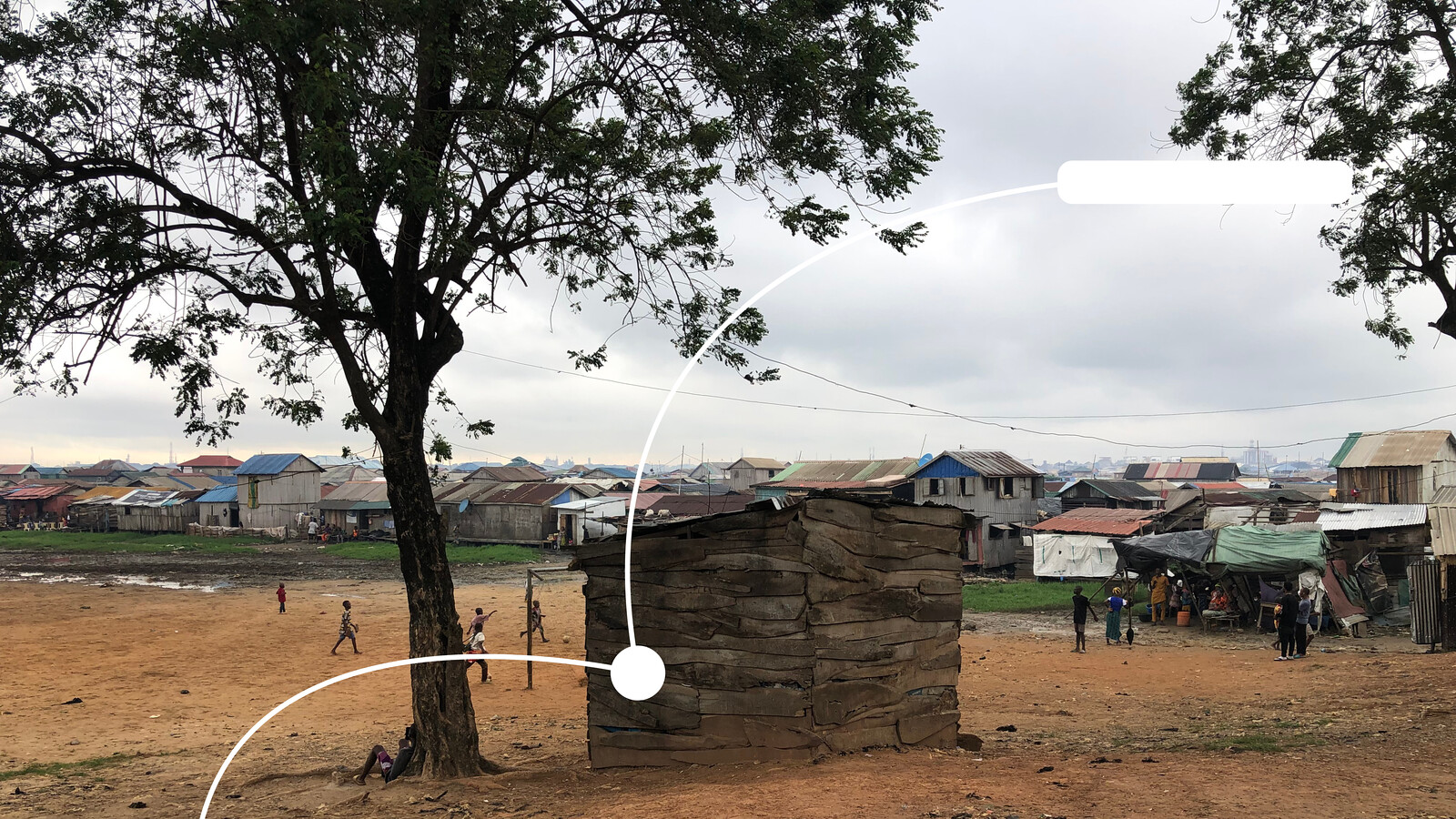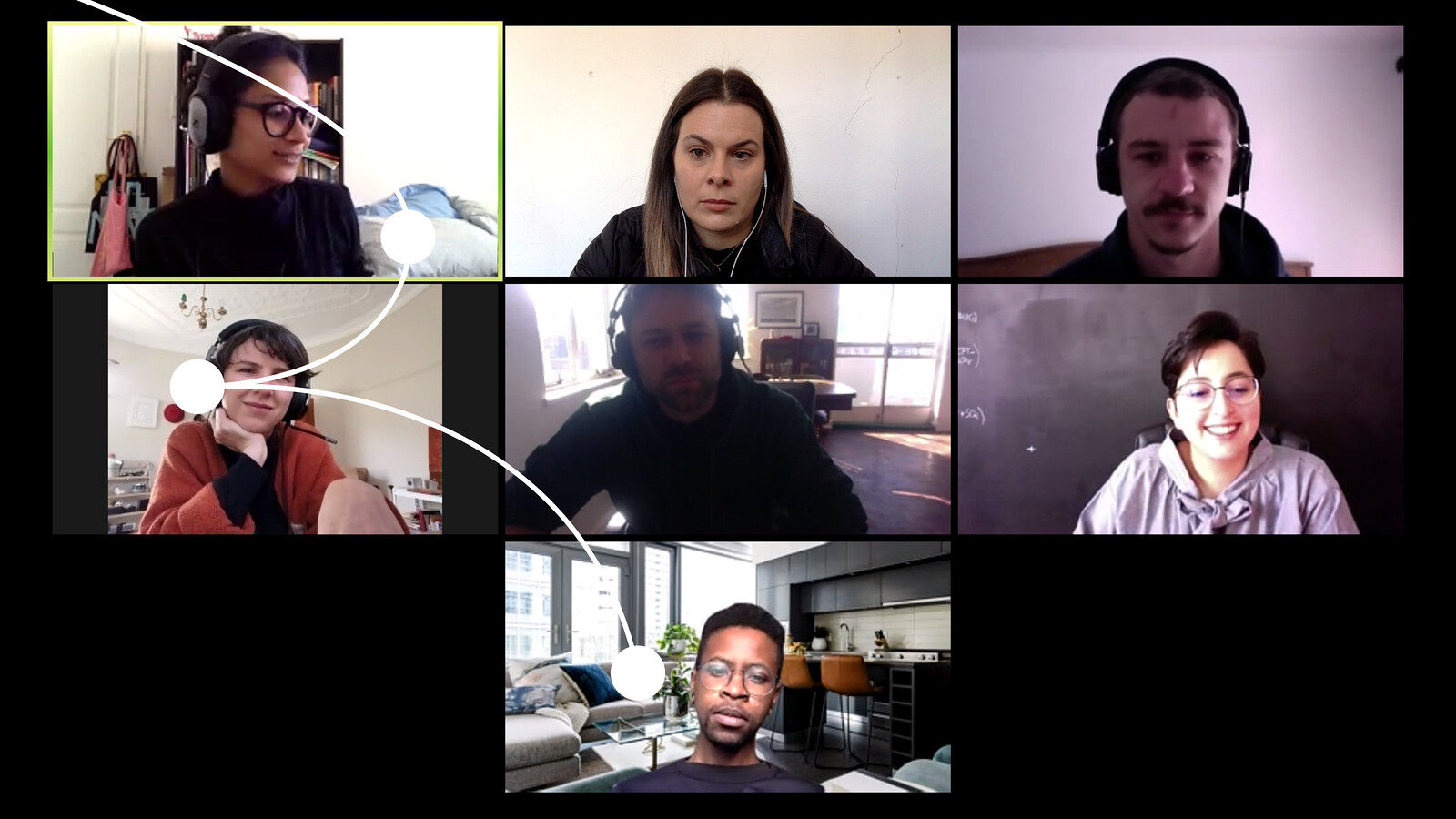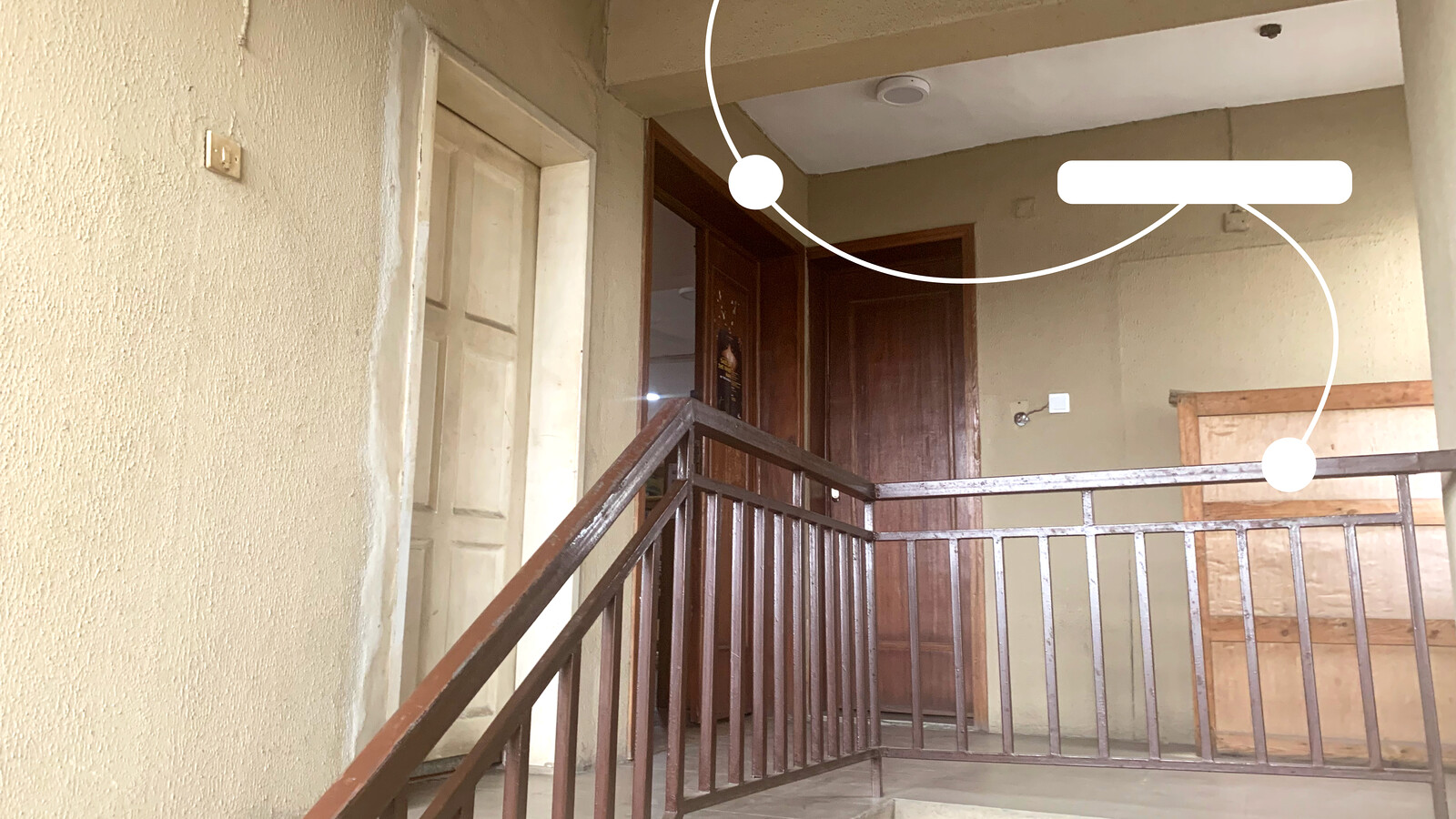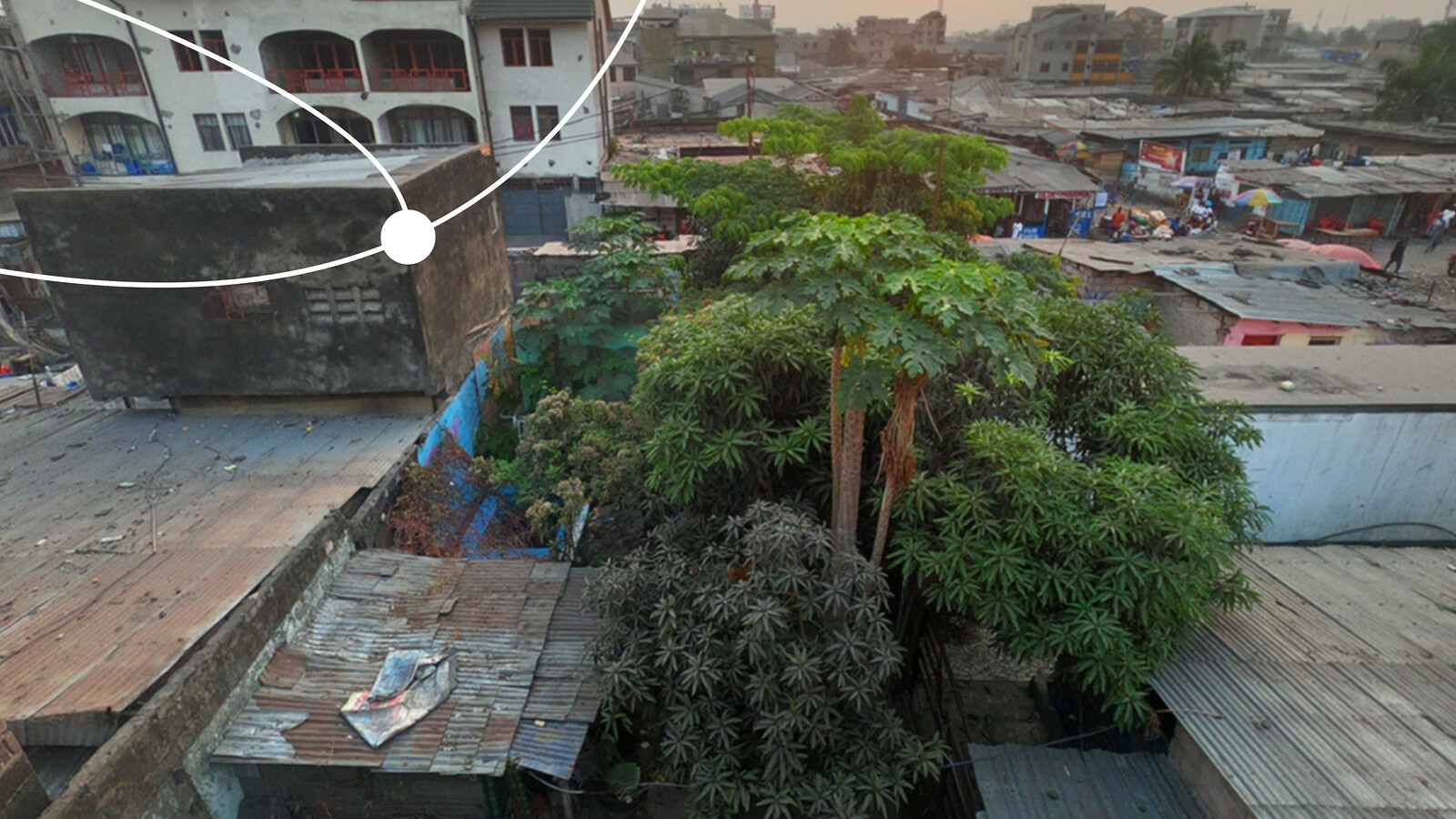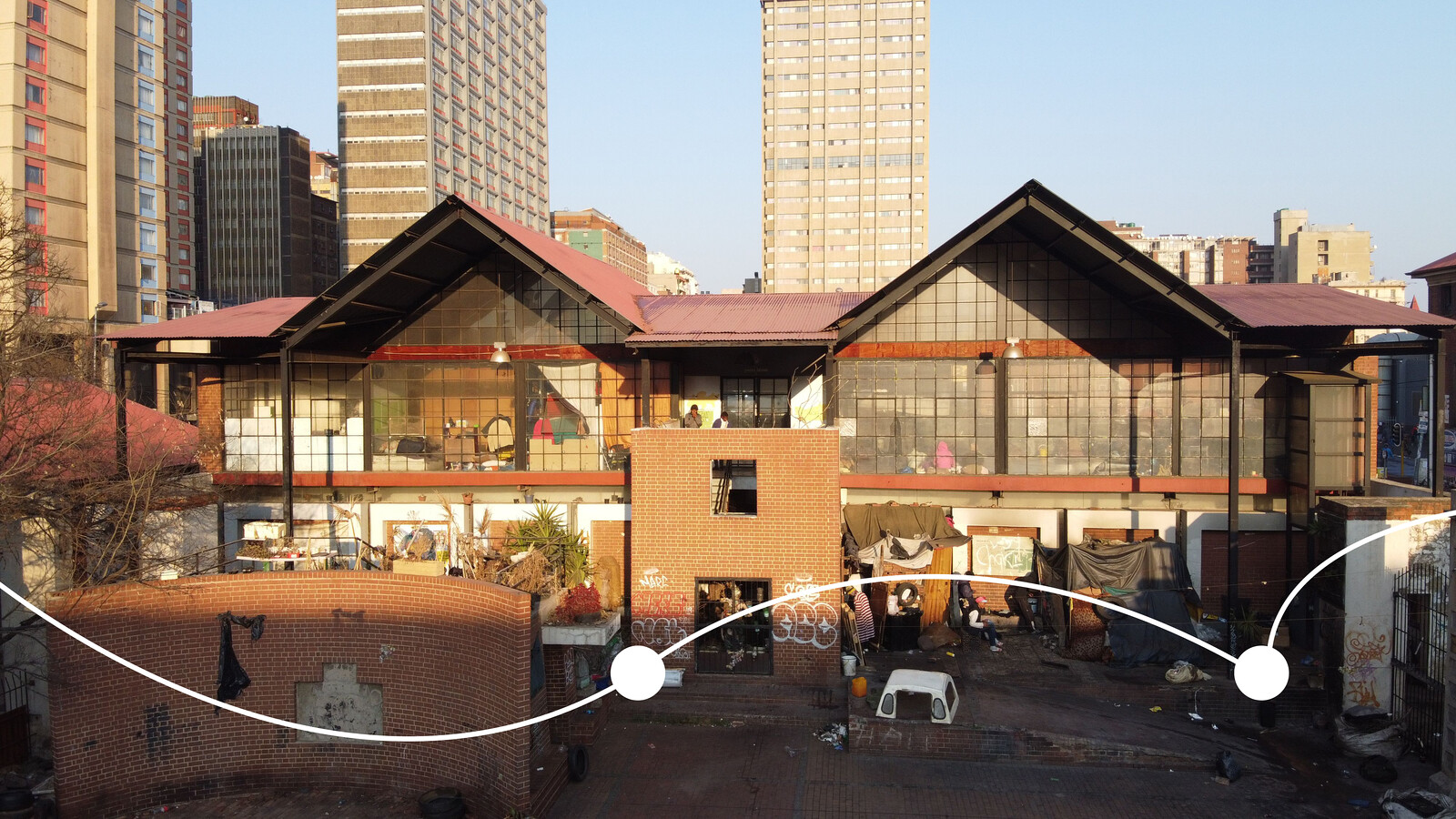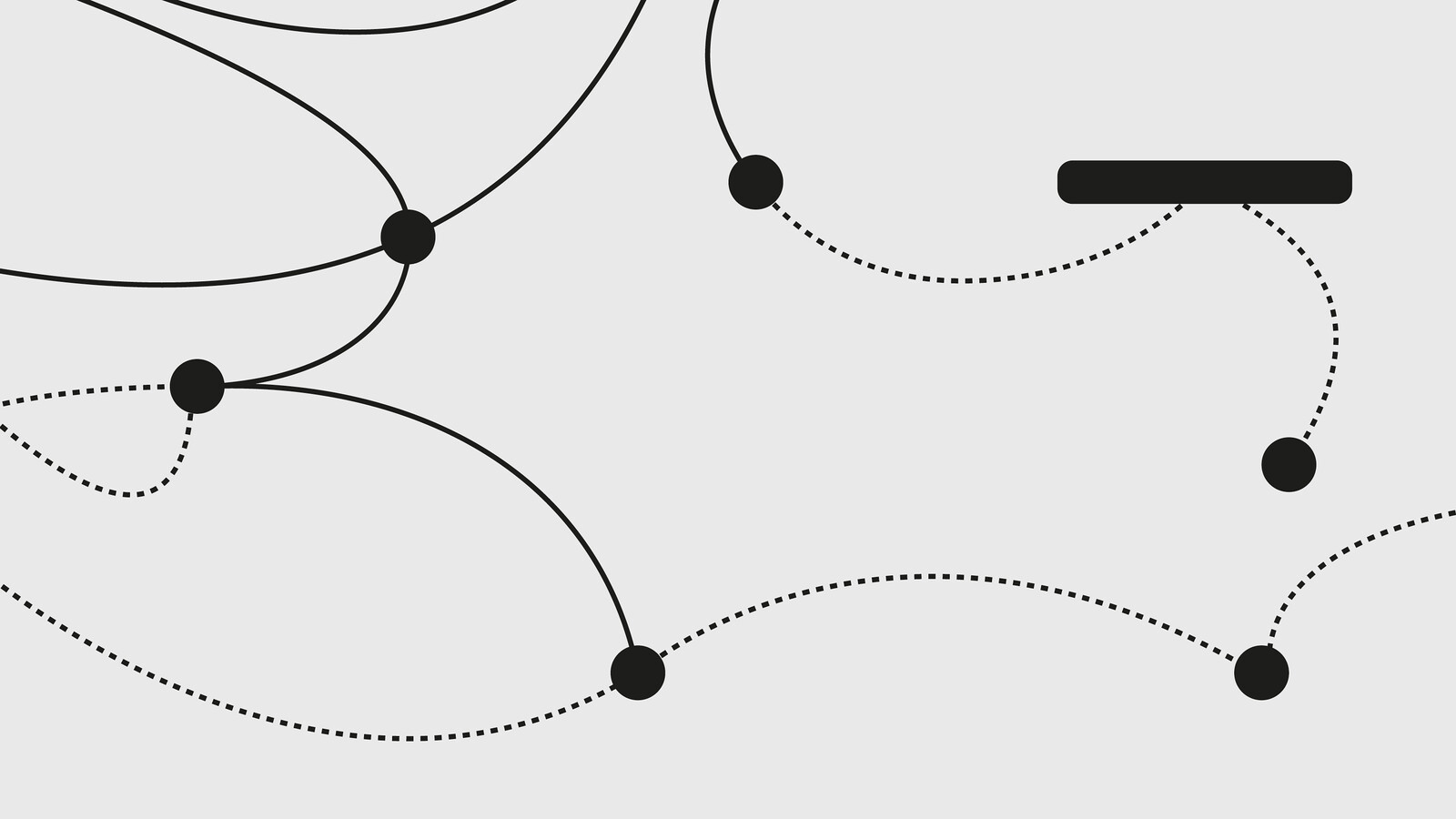When describing the time leading up to the beginnings of Centre d’art Waza, an art center in Lubumbashi that he co-founded in 2010 and has led ever since, Patrick Mudekereza speaks in a voice full of gratitude and contagious with joy. He recounts a welcoming home, where visitor numbers grew so much that activities expanded to take over the whole house.1 “Waza,” which means “thinking” or “imagination” in Swahili, emerged through friendships between artists and cultural workers living in Lubumbashi. The space quickly became a bustling meeting place for all manner of artists who congregated there to work. And thus Waza was born: from a club of friends, known as Vikanos, wishing to organize cultural activities to a formal entity bringing together artists, social thinkers, and culture makers.2
The open intimacy of Waza’s early social experiments grounded its cultural innovations in the social realities of its location. Waza’s impulse remains as much driven by mutual aid and shared resources as by the variety of artistic forms or media it plays host to. In the process, the art center has grown to develop exhibitions, biennales, publications, screenings, theatrical performances, musical events, radio works, films, and many other cultural productions befitting the occasion in which they arise. Throughout, Waza always seeks to expand social imaginaries at home, regionally, and beyond.
Lubumbashi is the second-largest city in the Democratic Republic of Congo (DRC). The DRC is in East Africa, a region that, to paraphrase anthropologist Natacha Nsabimana, is “a world in which, without sounding too stereotypical, violence and civil wars and personal traumas and collective traumas are rather familiar.”3 Published in the year of Waza’s founding, the 2010 Human Rights Watch’s World Report highlighted an increase in “violence and brutal human rights abuses” in the DRC. This was caused by “two military campaigns by the Congolese army, in the east and north,” which resulted in a dramatic increase in violence against civilians, by both rebel and government forces.4
It is against this backdrop of historical and ongoing transnational impunity that Waza was born and continues to mobilize its creative forces. Waza’s mixture of historical consciousness, institutional spiritualism, social grounding, cultural experimentation, community support, and pedagogical ambition gives gravitas to its lean and adaptable manner of operating. It only follows that Waza and its community of collaborators engage in radical ways of meaning-making that exceed the internationally-rewarded aesthetics of exploitation, which in the DRC are borne of undeniable, entrenched, and transnationally engineered social suffering. This distinction is summarized by Lubumbashi artist and Waza collaborator Rita Mukebo, who argues that art making is the most powerful way of expressing oneself and making public one’s thoughts and feelings. At the same time, Mukebo is careful to insist on the need “to speak about our problems without further victimizing ourselves.”5
At the heart of its operation, Waza remains close to its beginnings, inscribed in wider societal conditions where, as Pinkie Mekgwe and Adebayo Olukoshi describe, the
creative genius predominantly powered by younger Africans who yesterday may have been tempted to seek formal employment in a government service … today organize themselves, in response to the context of prolonged economic crises, in a search for self-fulfillment that is at once agonizing and liberating.6
Waza continues to foster homegrown and grassroots experimental practices, promoting alternative and largely collective, even cooperative, ways of making sense of, in the words of Achille Mbembe, “the multiple juxtapositions that shape daily life.”7 In this sense, Waza is characteristic of the social reality and historical circumstances most associated with world-renowned Congolese musical practices that, in the words of Mbembe again, “[take] place in the context of plural languages and a reciprocal interpenetration between different artistic genres and improvisational tactics … speech and music, dance and theatre, each itself the site of multiple languages, overlap.”8
An Open House for Keeping Company
On the grounds of Centre d’art Waza, visitors will find a well-frequented courtyard, where they will be greeted by the likes of musicians M’bilia Bel, Koffi Olomide, Tshala Muana, and Fally Ipupa. Around this open space, there is a wall on which murals are periodically painted, as well as a library, music studio, kitchen, outdoor stage, bar, offices, and an exhibition room that also serves as an event space. Waza’s home is a former residential building, lending each room the confidence of a familial, ensemble-like space.
Waza describes its primary goal as “accompanying artists along their way.” This kind of support is likewise given to emerging, local, independent art centers such as Manus, Biasasa, and Khub, with whom Waza collaborates.9 Waza’s engagement also extends to virtual realms and digital centers, including Centre d’innovation de Lubumbashi (CINOLU).10 Internationally, Waza collaborates with the Visual Arts Network of South Africa (VANSA) and with PAN!C, the Pan-African Network of Independent Contemporaneity. It is also part of the Arts Collaboratory and the Another Roadmap Africa Cluster.
Day to day, Waza’s ecosystem includes musicians and sonic engineers, such as DJ Spilulu from the group Mite Empire, whose studio is located on the premises. Photographers, writers, cartoonists, comedians, collectives of slammers and poets, journalists and art critics, researchers, actors, painters and performers, video artists—they too are all part of Waza’s community of practitioners, which is as extensive as it is diverse. From this, Waza organizes workshops, talks, and conferences that foster a climate of shared experience and networking between artists from different backgrounds. Waza mentors its community and guides artists in navigating open calls and applications. It also provides working spaces, internet access, exhibition spaces, and a research library.
Waza also contributes to the increased visibility of queer life and its growing rehabilitation in ancient and contemporary social imaginaries in the region and throughout the continent. They also give support to those working in socially-relevant media that are currently underappreciated in the arts, such as comics and cartoons, which, in the words of Mekgwe and Olukoshi, “have come to occupy a new space and potency, encapsulating protest and resistance … [speaking] truth to power and [allowing] people to laugh at themselves and their circumstances.” Mekgwe and Olukoshi continue that “even as some old sites of cultural production may be declining,” Waza thrives, actively partaking in the creation of new sites “in a dialectic that also suggests an end to the domination of the cultural space by the state and the emergence of a new context of cultural pluralism complete with its asymmetries and power relations.”11
Political scientist Nadine Machikou notes how African societies are, like all societies, plagued by their own contradictions and challenges. As such, they are not more communal or hospitable than others, and insisting otherwise is only to reiterate a debunked stereotype. But Machikou also notes “how the abilities to meet the needs of populations have been shifting from institutions to individuals,” owing to the gradual erosion of the state’s mechanisms for achieving organic solidarity through social protection. She continues:
The absence of a State, the fragility of institutions—a fragility which is itself rooted in the construction of a colonial and post-colonial path—comes to intensify the demand and therefore, in fact, the inability of the State to meet this demand; comes to intensify the pressure which will rest on others, to do what the institutions should have or could have done.12
Waza is susceptible to these new social circumstances, and it attends to the multiple requests, demands, and solicitations. Regional practices of sharing resources are therefore an integral part of Waza’s program, which actively creates opportunities for artists to work directly with members of their communities. For example, The Power to the Commons! is a trans-regional project co-initiated by Waza that seeks to increase and share the “resources that emerge from self-organized, needs-based production and use.”13 Operating outside monetary exchange and market profits, the initiative aims to create and facilitate the sharing of communal resources, including nature, housing cooperatives, open-source software, and mutual learning. The resulting social works voice and decry the misdeeds that are endured differently but collectively by local communities, and thus strengthen the claims for community rights.
From Curator to Kirata: Towards Non-Extractivist Curating
What happened “just before” the arrival of the Whites? Are the artists who are “discovered” “found” together with their ecosystem? What did artists “digest” and reinterpret differently from their mentors? How did other intellectuals and social contexts in Congo interact with this artistic profusion?14 These are some of the questions raised and addressed by museologist Sari Middernacht, a central member of the Waza team, alongside researchers such as Véronique Poverello and Jean Kamba. Their projects pay close attention to the ever-shifting dynamics among local languages, cultural accentuations, oral practices, and musical lyricism. As such, they have deformed the English term “curator” into the expression “kirata,” which crystallizes many of Waza’s longstanding concerns. Unlike a curator, in the jargon of Congolese artists, “kirata” designates a culture worker whose role is to support visual artists in their creative process, to gather resources, and to put artwork into a context within which it can thrive.
Waza’s Kirata project was spurred by the contradictions between the vitality of Congolese artistic creation and its oftentimes febrile anchoring in local social and economic contexts. Even though artistic creation in the DRC is abundant and is supported by an established educational system, its contextualization in the country itself—through exhibitions, publications, or other cultural mediation projects—remains lacking. As such, Waza’s Kirata project aims to facilitate the emergence of Congolese curators by giving them greater access to wider publics and initiating impactful exchanges on the country’s social problems.15 On top of this, it seeks to develop a local economy that would give visual artists the means to subsist and to remain at home without depending on long- or short-term migrations to or residencies in Europe.
This investment in nurturing and co-developing enduring and sustainable ecologies formed the basis of Waza’s entry at documenta fifteen, where they presented a selection of curatorial projects inspired by practices of the commons, including: a collaboration with smelters in Walemba, in the Congolese copper belt; discussions with the community of Kalera, who are encircled by a natural reserve and a hydroelectric dam project; and the archives of the Verbeek-Mwewa collection, which gives an account of the artistic sensitivities of Lubumbashi’s working classes during the last five decades. Waza’s three-part installation embodied the Kirata process and culminated in Baraza, a public program encouraging cultural empowerment through artistic production.16


Photo of Centre d’art Waza, Lubumbashi. Photo courtesy of Centre d’art Waza.
Social Life and Work in the City
Lubumbashi is located in the province of Haut-Katanga, a part of the country that is historically shaped by extractivist mining practices and Belgian colonialism. Extractivism continues in curatorial practices that uproot and isolate artistic impulses, works, and histories for the profit of self-promotion and mercantile ends. Against this history, much of Waza’s work is dedicated to exploring non-extractivism—not as a metaphor, but as a practice. Waza’s initiatives often aim to develop narratives that reimagine labor and more equal ways of living and working together. Some of Waza’s notable achievements in this regard include Vernissages Fugaces (2011), a monthly series of open studios, and a contribution to the national cultural policy framework that was adopted by the Government of the DRC in 2012. In 2013–2016, Waza worked with three communities in different areas of Haut-Katanga to research and publish on art, communities, and memories.17
Waza is also involved in activism and advocacy for the arts, such as by writing a roadmap for the development of visual arts in Lubumbashi, and by successfully campaigning for Lubumbashi to join UNESCO’s Creative City Network in 2016. Waza also initiated Liboke (2018–present), a network of independent Congolese cultural centers that aims to strengthen collaborations, visibility, and the exchange of programs and artistic works. Internationally, together with VANSA in Johannesburg, Waza co-initiated the Boda Boda Lounge—“Boda Boda” being a pidgin word in Kiswahili that means “border”—a cross-continental video art festival that takes place simultaneously in more than fifteen spaces across the African continent every two years.
One of Waza’s major initiatives in recent years is Mitaani Moments (2018–present), an annual gathering of local artists and cultural workers from the region and their international collaborators to present work on cities (mitaani is a Swahili word meaning “in the streets”). The program includes workshops, discussions, conferences, exhibitions, installations, and Disolo, a series of conversations coordinated by Sari Middernacht. Class Moments, a part of Mitaani, focuses on the histories of art education in Lubumbashi and Congo, and contributes to the ongoing work of the Another Roadmap Africa Cluster.18
Kazi is a Swahili word meaning “to work.” Kazi 2.0 (2018–present), then, is a long-term project inspired by new forms of labor that emerged when large mining companies went bankrupt overnight, a crisis that left many people unemployed and still affects industrial labor and the economy in general today. While reflecting on the entanglement between citizenship, practices of living together, and modernity, Kazi 2.0 puts to task the paternalism of Gécamines (Général des Carrières et des Mines), a corporation whose history coincides with the development of all that is undesirable within global capitalism. Kazi 2.0’s interventions explore and represent new ways to create and share resources.
The Ghosts Are Returning Home
When describing the beginnings of Waza, Mudekereza points out that, originally, the Greek word hierarchy, which means “a sacred order or rites,” was related to the keeping of secrets. As such, if there are no secrets, then there is no hierarchy among collaborators. This conviction guided a recent production by Waza that exemplifies a future in which people and institutions near and far can live together. The Ghosts Are Returning is a “post-documentary music theater” by GROUP50:50, a collective of artists from Congo, Switzerland, and Germany, and a production structure based in Basel, Berlin, and Lubumbashi, co-founded by Waza.19
The Ghosts Are Returning is a story of seven “pygmy skeletons” that were taken from Congo under deceitful circumstances and brought to Geneva in the 1950s by a Swiss doctor. In the story, performers travel to the equatorial forest to meet the “skeletons’” descendants, the nomadic Mbuti people. The Mbuti face severe consequences of colonialist exploitation, threats of illegal logging, and are being driven out of their territories. Gradually, through dialogue, song, and dance, the Mbuti develop a ritual to allow the seven spirits to return home and rest in peace. The result is a moving work of multimedia musical theatre about crimes committed in the name of progress and how to overcome their intractable effects, at home and abroad, through collective mourning and convocation. The play is as futuristic as it is prophetic, offering invocations, dirges, eulogies, elegies, and visitations, all verbalized by means of socio-musical transcendence. It testifies to the cultural history of each artist in the collective, in forms ranging from Congolese music—contemporary, modern, and traditional—to European traditions of funerary music.
Waza’s institutional archives are not merely made of documents and hard drives. Rather, its archives are immaterial, to be found in the flesh, the soul, the heart, the minds, and the rhythms of artists and makers, and in the mutualities that Waza brings into the world. The story of Centre d’art Waza is a congregation of polyrhythmic and multivocal dialogues that bring together near and distant tongues, languages and voices from the past, and those from the future. It is a story of how a cultural organization can be instituted through friendship and affiliation, enjoyment, modesty, a willingness to learn anew, and hope—understood as a radical openness for making space and time where our common ghosts can belong freely.
Alongside his colleagues, Patrick Mudekereza eschews the term “curator,” preferring instead “operateur culturel,” best understood as “cultural engineer” or “cultural maker.” More about this below. Public event introducing Waza, Another Roadmap Africa Cluster, and Graziella Kunsch at documenta fifteen, June 19, 2023. See ➝.
Waza was then called Centre d’art Picha, changing its name in 2015 following internal shifts and reorganizations. Mudekereza co-directed the first three editions of Rencontres Picha, the first edition taking place in June 2008. Recontres Picha continues independently from Waza as a biennale gathering of exhibitions and screenings, bringing together international photographers and video artists.
Natacha Nsabimana in conversation with Christian Nyampeta, a recorded conversation staged at Sometimes It Was Beautiful, an exhibition by Christian Nyampeta curated by Xiaoyu Weng at the Solomon R. Guggenheim Museum, New York, May–June 2021.
“Democratic Republic of Congo (DRC), Events of 2009,” World Report, Human Rights Watch. See ➝.
Costa Tshinzam, “Rita Mukebo: Parler de nos problems sans les dramatizer,” Habari RDC, April 17, 2023, translated by Christian Nyampeta. See ➝.
Pinkie Mekgwe and Adebayo Olukoshi, “Preface,” in Contemporary African Cultural Productions, ed. V. Y. Mudimbe (Dakar: Codesria, 2012), xiii.
Achille Mbembe, “Variations on the Beautiful in the Congolese World of Sounds,” Chimurenga Chronic, 2015, translated by Dominique Malaquais. See ➝.
Mbembe, “Variations on the Beautiful.”
Other local art institutions include the French Institute and Wallonie-Bruxelles.
CINOLU emphasizes taking stock of ongoing digital mutations in locally cultivated fields such as comics, video mapping, and much more. Waza 2.0, initiated at the height of the Covid-19 pandemic, is an active and resourceful WhatsApp group functioning as a community channel. It is exemplary of the ongoing social inventions powered by networked technologies and social media, as well as emergent forms of resistance and creativity.
Mekgwe and Olukoshi, “Preface,” xiii.
Marie-Yemta Moussanang, “Carnets des Ateliers Nº4 – Politiques de la Solidarité: Les Chemins de l’État de demain—Nadine Machikou {Notebooks from the Ateliers no. 4 – Politics of Solidarity: Towards the State to Come, with Nadine Machikou},” February 2022, in Afrotopiques, podcast, translated by Christian Nyampeta. See ➝.
Research questions raised in “Replay 1970,” a draft essay published by Waza internally within the context of the Another Roadmap Africa Cluster, 2015.
Waza internal working document, January 2023.
Artists, contributors, and keynote speakers included Bodil Furu, Prodige Tumba Makonga, Feza Kayungu Ramazani, Nontobeko Ntombela, Chadrack Kakule, Stéphane Kabila, and Christelle Ntanga.
The project, Revolution Room, won the Award of Excellence in the Critical Dialogue category of the 2016 African Architecture Awards in Cape Town.
A research project on the history of arts education undertaken across a network of educators, artists, and researchers working on four continents, initiated at the Institute for Art Education at Zurich University of the Arts (ZHdK).
GROUP50:50 realizes and produces transnational artistic cooperation projects. The collective describes itself as telling “stories about the historical and current economic and political interconnections between their countries {and} demands the return of cultural heritage and reparations for colonial crimes and current human rights violations.” It also “addresses the history of globalization, colonial domination of the African continent, and neocolonial practices of exploitation of people and nature.” The Ghosts Are Returning was produced by PODIUM Esslingen and Centre d’Art Waza Lubumbashi in co-production with CTM Festival Berlin, euro-scene Leipzig, Kaserne Basel and Vorarlberger Landestheater. See ➝.
Interdependence is a collaboration between e-flux Architecture and OtherNetwork, a project by ifa (Institut für Auslandsbeziehungen) together with cookies.
